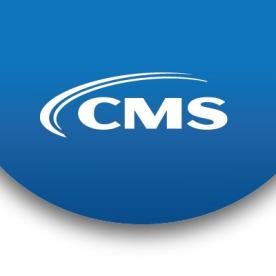When the surge of COVID-19 patients threatened to strain the nation’s health care systems, the Centers for Medicare & Medicaid Services (“CMS”) implemented the Acute Hospital Care at Home Program, or Hospitalization at Home (“HaH”). HaH is an expansion of CMS’ Hospital Without Walls initiative. HaH is designed to address the immediate problem surrounding hospital capacity concerns by offering regulatory flexibility to treat patients in their own homes while maintaining the essential elements of inpatient care. According to a November 25, 2020, press release, CMS believes this program will be beneficial in the treatment of more than 60 different acute conditions, including: asthma, congestive heart failure, pneumonia, and chronic obstructive pulmonary disease care.
To participate in HaH, hospitals must seek a waiver from CMS of the requirement for around-the-clock nursing services as dictated in the Conditions of Participation. Furthermore, there are several requirements that a hospital must meet in order to participate in the HaH including: screening protocols, tracking patient safety metrics with reporting, and establishing a local safety committee to review patient safety data. Patients participating in HaH must receive an in-person physician assessment of both medical and non-medical factors.
Patient eligibility of HaH is determined on a case-by-case basis with factors including medical diagnosis, severity of symptoms, and resources to provide the proper inpatient treatment. HaH is a new category and accordingly is not home health, case management, chronic disease management, skilled nursing, or admission prevention. HaH differentiates from these services in the type and delivery of care. For example, home health services focus more on skilled nursing and round the clock skilled care services. HaH shifts the delivery of acute medical treatment of a patient who requires inpatient admission and daily rounding by a physician and/or medical team monitoring to the patient’s own home.







 />i
/>i

